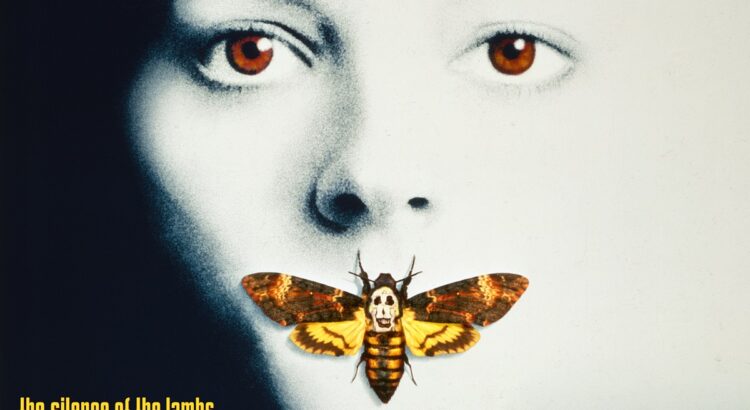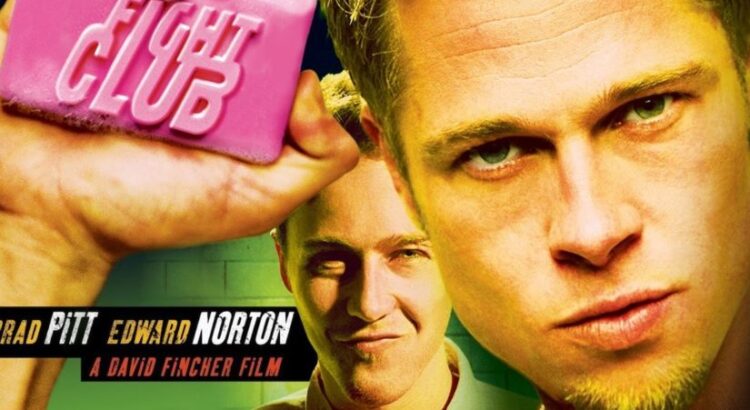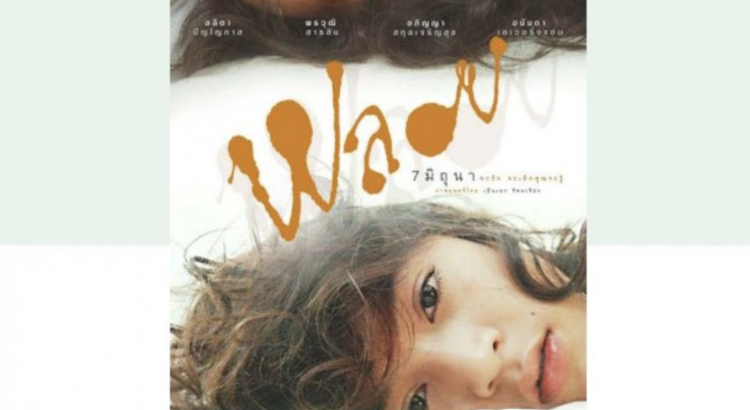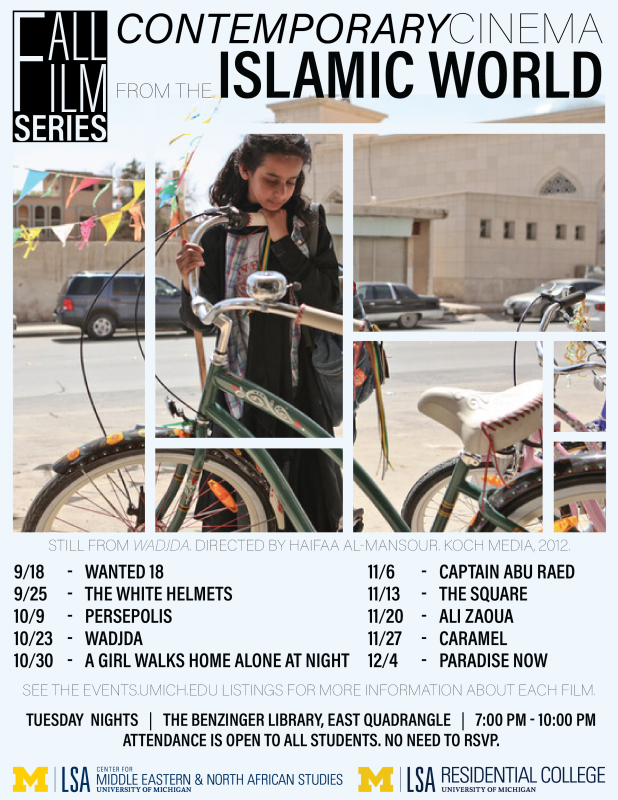Every so often, the Michigan or State Theater will screen a classic— last Thursday, it was The Silence of the Lambs, the quintessential 1991 psychological horror, directed by Jonathan Demme and starring Jodie Foster and Anthony Hopkins. I went into the screening without any expectations, knowing only that the film involved a cannibalistic serial killer fittingly named Hannibal and I could probably expect gore. The horror was done incredibly well, but the genius of The Silence of the Lambs is that the gore and terror of murder were only a fraction of the film’s emotional appeal. Demme fills each scene with the psychological unease of reality as the story follows an FBI trainee, Clarice, who is constantly shown to be looked down upon or disrespected because she is a woman. The script declares this outright with creepy remarks from higher-ups and even from Hannibal himself, but this is also accomplished with careful framing: throughout the movie, close-ups force us to stare into the eyes of men as Clarice sees them, hauntingly blank or grotesquely hungry, eyes either pointing condescendingly down at the camera or unnervingly straight into our own. Clarice is often alone, often being hit on or disregarded by serial killers and FBI agents alike, and cannot avoid it despite her skillful maneuvering of misogynistic encounters. This inspires a very real fear rooted in our awareness of her vulnerability. We’re quick to doubt the intentions of the film’s men— which is where the character of Hannibal becomes complicated, who should be the easiest to distrust.
Clarice and Hannibal are expertly crafted, and their relationship keeps us on our toes. Close-ups of Hannibal, played perfectly by Anthony Hopkins, reveal his sunken features, his icy and unblinking stare, and the sense that every word is part of a secret, sinister plan; close-ups of Clarice reveal unwavering confidence and sly intelligence. The interrogation scenes between the two are laden with tension and electricity, the investigation unfolding to be double-sided as Hannibal and Clarice race to break each other down. As the film progresses, this relationship becomes tangled and unclear; despite being the most clearly deranged and untrustable character, Hannibal treats Clarice with more respect and curiosity than the rest of her peers. The psychological horror of the film lives largely in this relationship as we struggle to decode Hannibal’s intentions and predict his next move.
The Silence of the Lambs is evenly polished: the score is haunting but not overbearing, each scene is intentional, and moments of crude humor balance the gore. I can see how this film earned so many awards and became a classic— it has a cinematic simplicity familiar to the 90s, attaining the perfect balance of explaining some while leaving some to the imagination. Besides the more fast-paced third act, our fear relies on insinuations about what happened or what’s going to happen, close shots of corpses and bloody nail marks down a wall. The only point of the film that left a sour taste in my mouth was the film’s handling of Buffalo Bill, a serial killer who believes he is transgender and who multiple characters claim isn’t truly transgender, but rather psychologically confused and tormented on a more complex level. As much as Buffalo Bill is distanced from the transgender community, described as obsessed with transformation and envious destruction rather than conventions of gender, his portrayal aligns too closely with common stereotypes about transgender women being deceitful predators. The social commentary is fitting for the time of its release, and it is nuanced, but given this film’s insane popularity, it’s inevitable that some audiences would fit this portrayal into pre-existing biases and fail to critically analyze the character.
I loved the experience of watching this movie for the first time in a small theater; the audience was visibly excited, gasping at gory shots and laughing at absurd one-liners. The big screen amplified the intensity of close-ups and the architecture of the old theater amplified the nostalgia of the early 90s. Keep your eyes peeled for the next screening of a cult classic in downtown Ann Arbor, and keep a weekend night open so you can catch one; student tickets are only $8.50!






